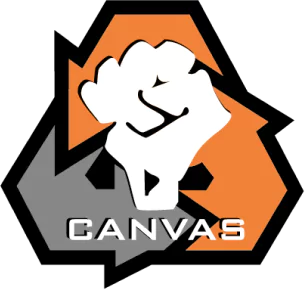About
the Tactics4Change Website
The Tactics4Change interactive website provides free access to information about more than 400 hundred cases of nonviolent dilemma actions, from every continent, and over 100 countries. This dataset of creative tactics, designed to put opponents in a lose-lose position, offers opportunities for further learning for students, scholars, and activists. The database is a collaborative project between the Center for Applied Nonviolent Action and Strategies (CANVAS) and faculty from the Pennsylvania State University. Learn more about the database.
This database is the result of a collaborative project that brings together years of experience in the field of activism (Srdja Popovic) with scholars (Sophia A. McClennen and Joseph Wright) who work in human rights, democratization, autocracy, and the social effects of humor. Popovic received Penn State's McCourtney Institute for Democracy's Brown Democracy Medal in 2020 for research he conducted with Sophia McClennen on the efficacy of a specific nonviolent activist tactic: the dilemma action, which puts opponents in a lose-lose position. That research led to Pranksters vs. Autocrats: How Dilemma Actions Advance Democracy (Cornell University Press, 2020). McClennen and Popovic then teamed up with Wright to expand their research findings, offering an observational study of the comparative efficacy of nonviolent campaigns that use creative tactics and ones that do not. Collecting original data on dilemma actions during nonviolent activist campaigns, we found that roughly one-third of mass nonviolent campaigns in the past century deploy this strategy. We then theorized four mechanisms linking dilemma actions to nonviolent activist campaign success: facilitating group formation, delegitimizing opponents, reducing fear, and generating sympathetic media coverage. Finally, we assessed whether dilemma actions increase campaign success rates, finding that dilemma actions are associated with an increase of 11-16 percent in activist-campaign success. That research was published in the Journal of Democracy in January 2023 as, “How to Sharpen a Nonviolent Movement.” This website offers an even larger dataset of examples of dilemma actions and includes cases from a far wider set of political struggles and core issues. This website was funded by a grant from Penn State's Center for Humanites and Information.
Creators of the database
Popovic
Srdja Popovic is the co-founder of the Center for Applied Nonviolent Action and Strategies (CANVAS) and a founding member of Otpor! (Resistance), a Serbian movement. Over the past two decades, he has worked with pro-democracy activists, NGOs, and students, teaching nonviolent methods to achieve positive social change and championing the power of nonviolent movements. Srdja’s educational work extends to teaching courses on nonviolent strategy at university institutions in the U.S. and authoring numerous publications on the topic of nonviolent struggle, including the book “Blueprint for Revolution”.
McClennen
Sophia A.McClennen is professor of international affairs and comparative literature at the Pennsylvania State University and the founding director of Penn State's Center for Global Studies. She has published fourteen books and over 75 scholarly articles. Her research focuses on cultural responses to crisis, change, and repression, Her recent research has focused on the political impact of satire and the efficacy of satirical tactics for nonviolent movements.
Wright
Joseph Wright is a political scientist at Pennsylvania State University whose research examines how international factors influence autocratic rule and democratization. His research has been funded by the National Science Foundation, the Minerva Research Initiative, and private foundations. His most recent books include Migration and Democracy (Princeton University Press, winner of the 2023 APSA Migration & Citizenship Section Best Book Award ) and The Origins of Elected Strongmen (Oxford University Press, forthcoming).
Researchers/Writers
of the Cases
The researchers involved in the dilemma action dataset comprised a diverse team of undergraduate and graduate students from Penn State and Northeastern University, with the majority of team members coming from Penn State's School of International Affairs. Under faculty supervision, they identified, documented, and evaluated a wide range of dilemma actions across the globe. Each team member worked collaboratively with other members to cross-check results and to ensure that each case offered accurate descriptive information and evaluative data.
Alexandra Ward
Annie Reed
Arden HeminwayAshley JohnsonCassandra DeAvilaChannalyn TekDarren ChanDevin McNemey
Emma Christman
Ivy KirstIzzy SuttonJacqueline VillareviaJelena TrajcevskiJenn LeedyJennifer Garcia RuizJoshua FloresKaitlin LovejoyKyle LuccheseKyr ScheurenKyra Scheuren
Lillee Selman-CoutureMaria Johansen
Oliviah May GearhartRenee Elinor Antaran
Semanthika Reddy KarriSophia McClennenSpencer DecuirSuparna DuttaSubscribe to our newsletters to get full access to all materials on our website.

